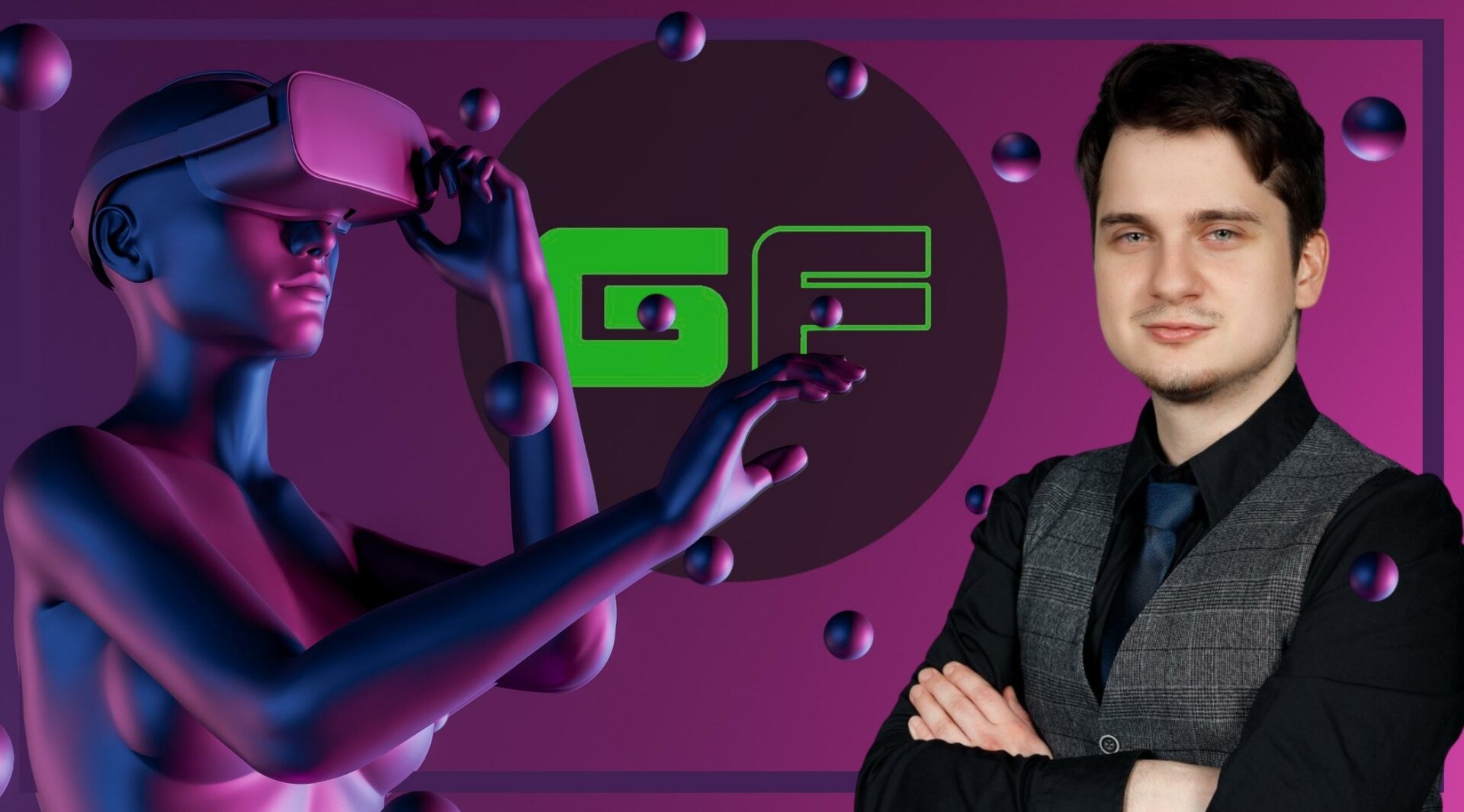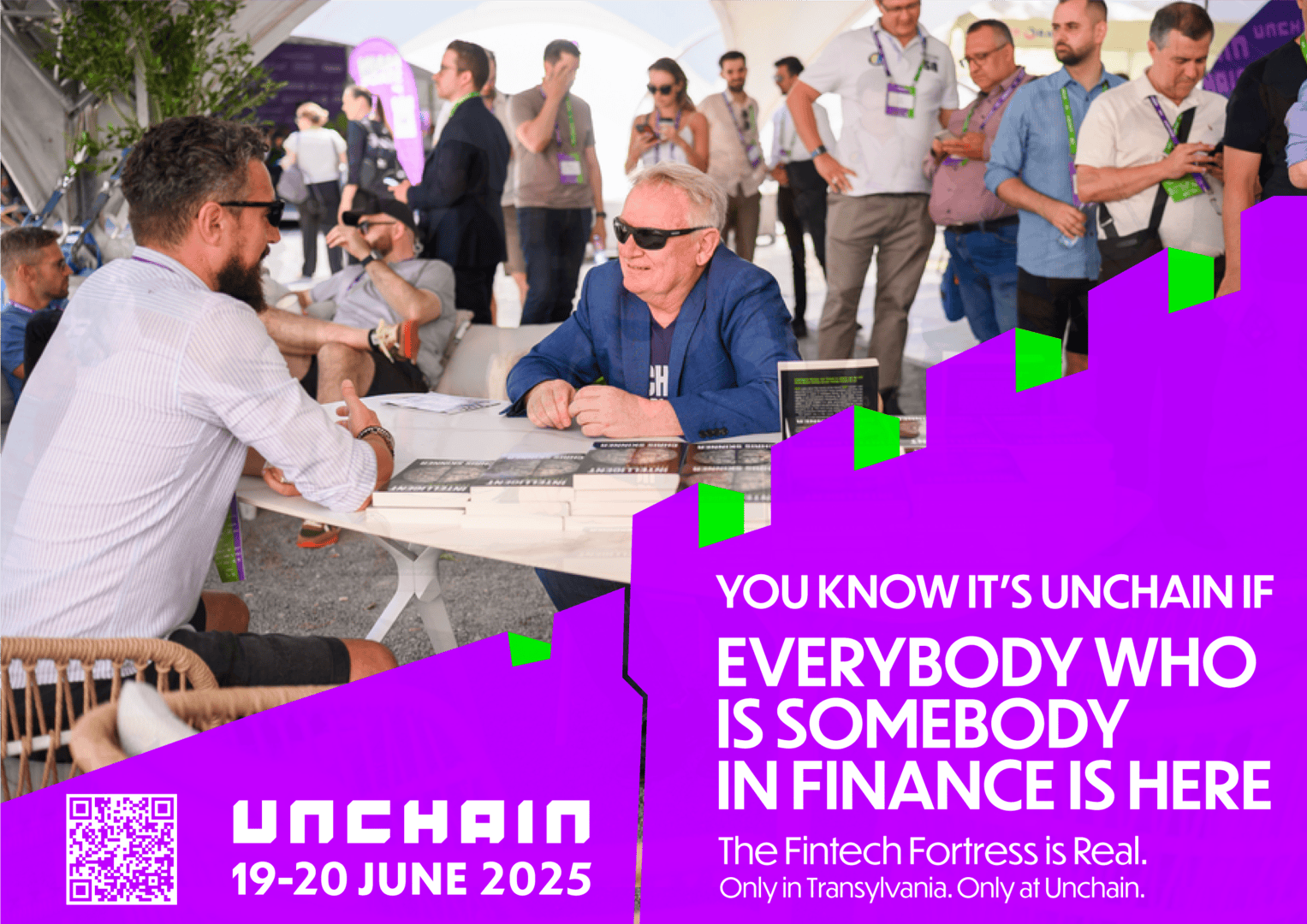Dubai is one of the capitals of the crypto and Web3 world. Its favourable regulatory environment has convinced many global exchanges, developers, and leading GameFi companies to set up shop there. The Middle East is one of the fastest growing markets for crypto use in the world, driven by a large, young, and tech-savvy population. And of course, the Gulf is also home to very considerable amounts of capital. All of this made Dubai the perfect place for an extended layover as #DisruptionBanking makes its way to Singapore for this year’s Fintech Festival.
While in Dubai, we were lucky enough to have lunch with Vladislav Guzeev, CEO and Founder of Solar Heroes. Solar Heroes is a GameFi project, using blockchain and Web3 technologies to build the future of computer gaming. Vladislav told #DisruptionBanking all about his project, the role Dubai plays in the Web3 market, and shared his thoughts on the future of a space which is increasingly attracting some of the brightest minds in finance:
Read about my journey to GameFi & my view on the emerging industry with @Forbes here:https://t.co/DUib7BX1y1
— CleverName (@CleverNameVC) October 31, 2022
Vladislav’s approach to GameFi is very different from many others. He believes that often the crypto community can be inward-looking: too focused on itself, too wrapped up in its own complex terminology, and not interested enough in making the tech accessible to gamers who aren’t necessarily crypto enthusiasts. His approach is simple: he wants to take the best bits of the traditional gaming industry, and make them even better through deploying the power of blockchain, virtual reality, and Web3 technology.
For this reason, his business model is much the same as the traditional players. Whereas many GameFi developers work to much shorter timelines, Vladislav is aiming to develop the game over many years, as is more common with traditional developers like Ubisoft. The basic principles underlying the game are also similar. “We’re taking logic and strategies from the classical gaming industry,” he said. That’s why he’s currently building “the strongest possible team with classical gaming experience” – something that’s surprisingly rare in GameFi, where those with direct Web3 knowledge tend to be preferred. In other words, Vladislav isn’t trying to build an entirely new concept from scratch: in terms of budget, strategy, and personnel, he’s trying to replicate the successes of traditional predecessors, updated to make use of new Web3 tech.
For a similar reason, it’s also not going to be an explicitly “crypto” project. Blockchain tech is going to be integrated on the backend, and a native crypto token will be used as part of an in-game crypto economy – although the fact it’s running on the blockchain wont’ be directly “noticeable.” But Vladislav “doesn’t like” the play-to-earn model that is common in GameFi. This refers to games which offers its users the opportunity to earn in-game assets, often a form of crypto, that can then be “cashed in.”
There are a number of reasons why Vladislav dislikes this approach. He believes it’s off-putting for those not as well acquainted with crypto, who often don’t even understand how to buy digital assets or use cryptoexchanges. As result, Vladislav envisages crypto performing a similar function to the usual in-game credits available with many traditional games. Everything should be about leveraging the power of decentralised technologies, but in a way that is “easy and understandable” for all.
Perhaps more fundamentally, Vladislav also doesn’t want users to be playing the game for “practical reasons.” Vladislav pointed out that play-to-earn games have attracted large userbases in relatively poor countries, such as Nigeria, Vietnam, and the Philippines. Young people there are using gaming as a way to make money: Vladislav wants people to play his games for fun and entertainment. The way he thinks he can do this is by using cutting-edge Web3 technology and VR to provide higher-quality graphics and a better, more immersive gaming experience. “Everything should be perfect because that’s the way you’re going to persuade people to break with the traditional industry,” he said.
Vietnam, HQ for @AxieInfinity developer Sky Mavis, leads the world in crypto adoption, fueled by play-to-earn gaming and remittances, according to @chainalysis @baidakova reportshttps://t.co/Q8I5nGvwN9
— CoinDesk (@CoinDesk) October 26, 2022
It’s certainly true that GameFi needs to appeal to a much broader range of people. Vladislav noted that GameFi currently commands around 1.6 million regular users – compared to 3.4 billion players in the traditional gaming industry. Even the biggest GameFi projects only have a few hundred thousand users, whereas classic games can command millions or even tens of millions. Hence why Vladislav wants to deploy their most successful strategies, within the new world of Web3.
And he thinks that Dubai is the perfect place to do that. For now, the project is almost completely self-funded: he’s using the profits he earned from investing in Cardano at an early stage, although some external capital has been brought in. Dubai’s zero income tax regime is therefore useful. The regulatory conditions are also highly beneficial. He’s concerned that one of the traditional centres for game development – the United States – will be dragged down by Gary Gensler’s apparent determination to regulate everything in sight.
Crypto is at a crossroads, as Gary Gensler's #SEC fights the #CFTC for jurisdiction over crypto. Meanwhile, economists and businesspeople fear the victims will not be white-collar criminals but rather U.S. businesses and American competitiveness. https://t.co/yFEnQmtK5l
— #DisruptionBanking (@DisruptionBank) September 16, 2022
It’s difficult to refute Vladislav’s central idea: that the current GameFi space is far too niche, complicated, and inward-looking. The numbers don’t lie: just look at how much bigger the traditional industry is. Projects will have to think carefully about how the power of Web3 can be harnessed to upgrade the gaming industry from its current form – rather than completely changing a successful model for change’s own sake.
Author: Harry Clynch
#Dubai #UAE #GameFi #Crypto #Blockchain















